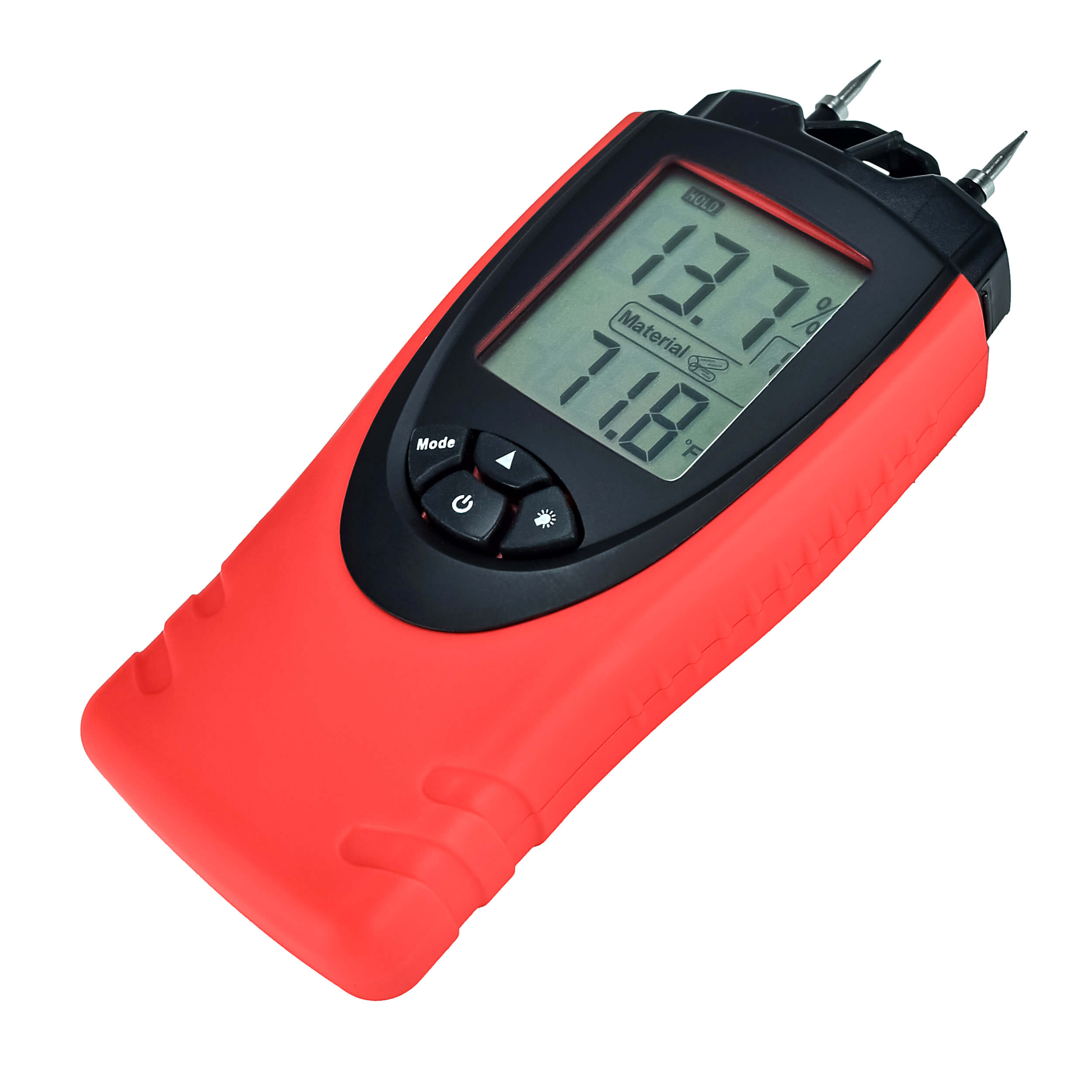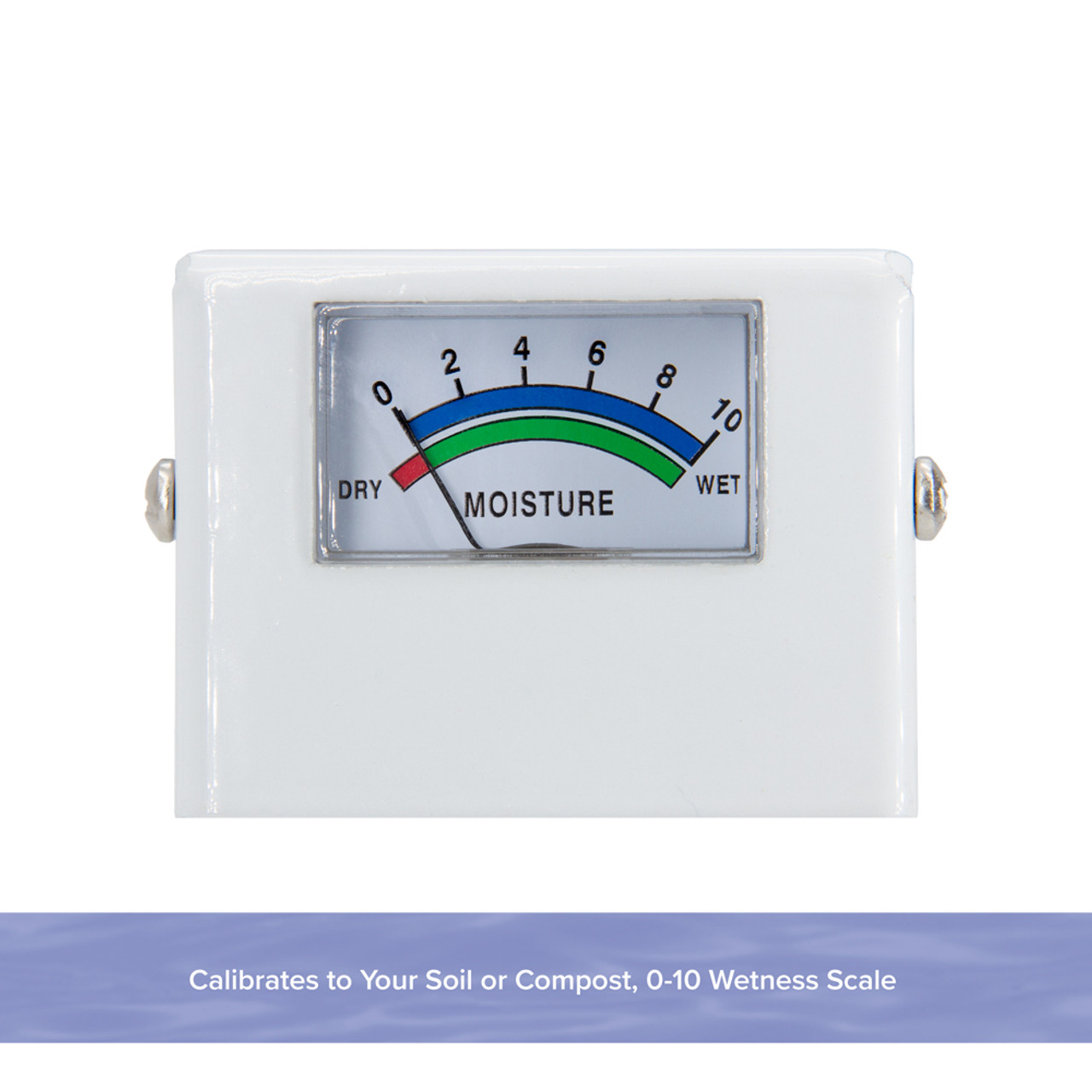Recognizing the Various Types of Moisture Meters and Their Applications
The Ultimate Overview to Dampness Meters: A Comprehensive Summary and How They Can Conserve You Cash
In the world of structure maintenance, building, and numerous markets, the value of accurately gauging moisture levels can not be overemphasized. Wetness meters function as important devices in finding and checking moisture content in products, helping in protecting against costly problems and ensuring the quality of products. Recognizing the subtleties of different kinds of wetness meters, their applications, and the potential cost-saving advantages they provide can be a game-changer for experts and businesses alike. Finding just how these tools can not only streamline processes however also contribute to financial savings is a journey worth embarking on.
Sorts Of Dampness Meters
Various kinds of dampness meters are readily available for different applications in various industries. One typical type is the pin-type wetness meter, which measures the electric resistance in between 2 pins inserted into a product. This type appropriates for wood, drywall, and other structure products. Pinless moisture meters, on the various other hand, use electro-magnetic sensing unit plates to check a bigger location without creating damage to the material's surface. Moisture Meter. These meters are optimal for swiftly analyzing moisture degrees in big areas such as floors and wall surfaces.

Infrared moisture meters measure the thermal homes of a product to determine its dampness material non-invasively, making them beneficial for applications where pin or pinless meters may not be ideal. Understanding the different kinds of moisture meters offered can aid industries choose the most proper device for their particular dampness dimension demands.

Advantages of Using Moisture Meters
Dampness meters provide important advantages in precisely keeping track of and assessing wetness degrees in diverse materials and environments. One of the primary benefits of using wetness meters is the avoidance of potential damages created by excess dampness.
Furthermore, utilizing moisture meters can lead to enhanced energy effectiveness. In agricultural settings, moisture meters play a crucial function in optimizing plant yields by enabling farmers to keep track of soil moisture levels and make educated irrigation decisions.
How to Pick the Right Wetness Meter
Picking the suitable dampness meter involves thinking about crucial aspects such as product compatibility, dimension array, and calibration accuracy. When choosing a moisture meter, it's necessary to make certain that the meter appropriates for the specific material you will certainly be screening. Different products have differing electric residential properties that can affect dampness analyses, so choosing a meter developed for your product is critical for precise outcomes. Furthermore, consider the measurement variety of the dampness meter. Guarantee that the meter can detect wetness degrees within here are the findings the variety required for your applications. Calibration precision is one more vital element to remember. Go with a dampness meter with trusted calibration to guarantee consistent and accurate readings. Some meters might require periodic calibration modifications, so recognizing the calibration process is very important. By carefully reviewing these aspects, you can choose a wetness meter that fulfills your demands and provides precise dampness measurements for your tasks.
Appropriate Techniques for Moisture Meter Usage

Expense Savings Via Moisture Meter Applications
Exactly how can the strategic usage of dampness meters result in considerable cost savings throughout various markets? Wetness meters play an important role in cost financial savings by preventing possible damage and ensuring high quality control in different industries. In the agriculture sector, dampness meters aid in determining the optimum time for gathering crops, avoiding over-drying or excess moisture that can affect published here the end product's top quality. This accurate surveillance aids farmers avoid unnecessary losses and optimize their return.
In a similar way, in building, moisture meters assist prevent expensive damages by discovering wetness degrees in structure materials, such as timber or concrete, which can bring about architectural concerns otherwise resolved without delay. By identifying problem locations early on, professionals can take corrective measures to prevent comprehensive repair services or substitutes, eventually saving time and cash.
Moreover, in the food processing market, moisture meters are crucial for monitoring item top quality and ensuring compliance with security regulations. By properly determining wetness content in food products, makers can prevent spoilage, preserve freshness, and lower waste, causing substantial expense financial savings. Generally, the critical application of moisture meters is an important financial investment that can lead to substantial expense decreases and enhanced performance across various markets.
Conclusion
In conclusion, dampness meters are beneficial tools for gauging and finding wetness degrees in various materials. By making use of the best dampness More hints meter and following proper techniques, users can effectively stop pricey problems triggered by excess dampness.
Moisture meters offer as vital devices in discovering and monitoring moisture content in materials, assisting in preventing pricey damages and making certain the high quality of items. Infrared dampness meters measure the thermal residential properties of a product to identify its dampness content non-invasively, making them helpful for applications where pin or pinless meters may not be appropriate.Wetness meters supply invaluable benefits in precisely keeping an eye on and evaluating moisture levels in varied materials and atmospheres. In farming settings, dampness meters play an important duty in optimizing crop returns by allowing farmers to monitor dirt moisture levels and make notified irrigation decisions.In conclusion, dampness meters are valuable tools for identifying and gauging wetness levels in different products.